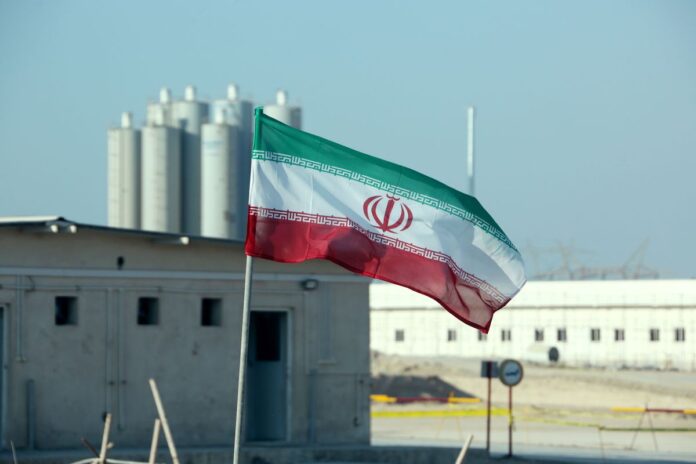In his first remarks about the nuclear standoff since assuming office, Iranian Foreign Minister Hossein Amir-Abdollahian indicated that Iran wants to negotiate with the West, but is in no rush.
Why it matters: Four weeks after the inauguration of Iranian President Ebrahim Raisi, it remains unclear if and when the Vienna nuclear talks could resume.
“The other side understands that a two- to three-month process will be needed for the new government to be established and then to plan for any decision (on the nuclear issue), but this is one of the issues on the agenda of the Foreign Ministry and the government.”
Amir-Abdollahian to Iranian state TV
Between the lines: It’s unclear when that “two- to three-month” process began — after the election, inauguration or more recently — and thus when talks could resume.
Amir-Abdollahian also rejected Biden’s statement during his meeting with Bennett last week that if diplomacy with Iran fails, the U.S. will consider other options.
- The new Iranian foreign minister said the U.S. must avoid the mistakes and threats of the past and speak politely to Iran.
What to watch: One key decision to be made in Tehran is who will lead the negotiations.
- During the Hassan Rouhani presidency, the Foreign Ministry handled the indirect talks with the U.S., but several reports in recent weeks have suggested that authority could be passed under Raisi to Iran’s Supreme National Security Council.
- Amir-Abdollahian said the Iranian parliament would expect Iran’s new nuclear negotiators to take a tougher line in order to get a better deal for Iran.







